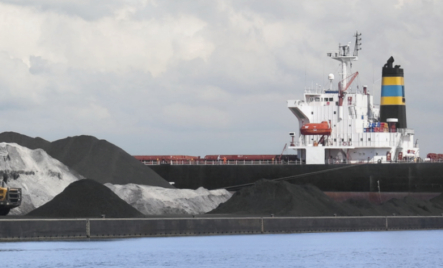
Major French vehicle manufacturer, Groupe Renault, has signed a three year agreement with Neoline, a start up that says it aims to become the first modern shipowner to fully embrace energy efficiency by relying on wind power as its primary energy source. Nearly 60% of Renault’s parts and vehicles are transported by sea.
“Groupe Renault’s objective is to reduce the environmental impact of each vehicle throughout its entire life cycle, from parts transportation up to delivery and end-of-life processing,” says Jean-Philippe Hermine, Vice President, Strategic Environmental Planning Groupe Renault. “In the context of our strategy to explore new sustainable mobility solutions and to continue along the road to reducing our carbon footprint, the solution designed by Neoline, which combines energy efficiency and operational relevance, has truly captured our attention”.










